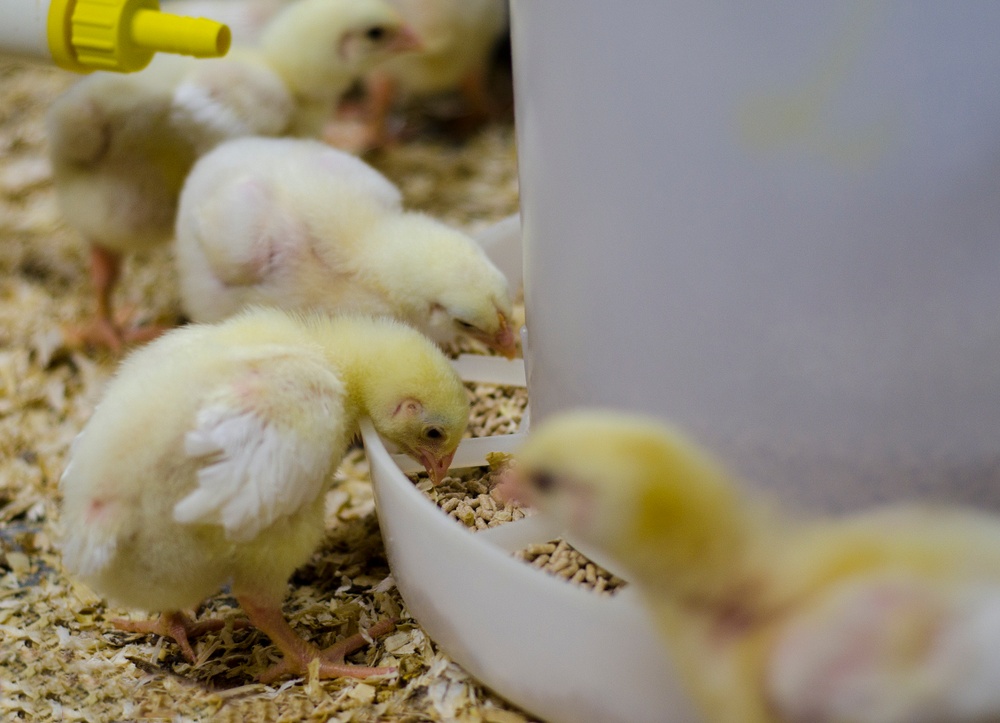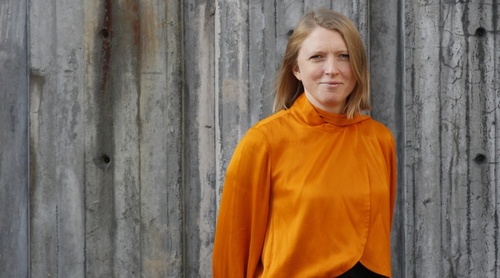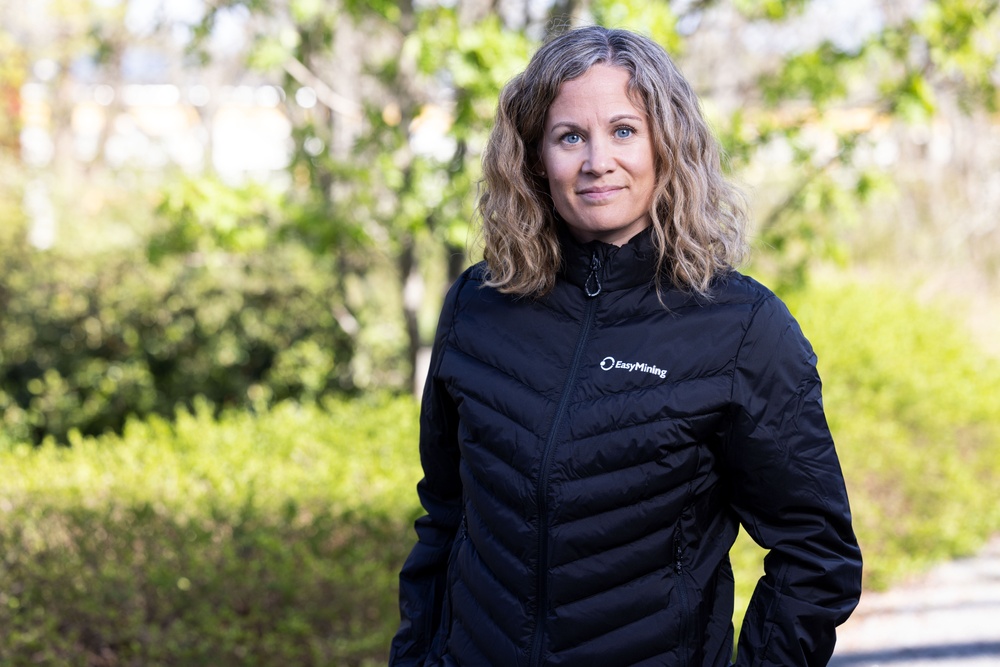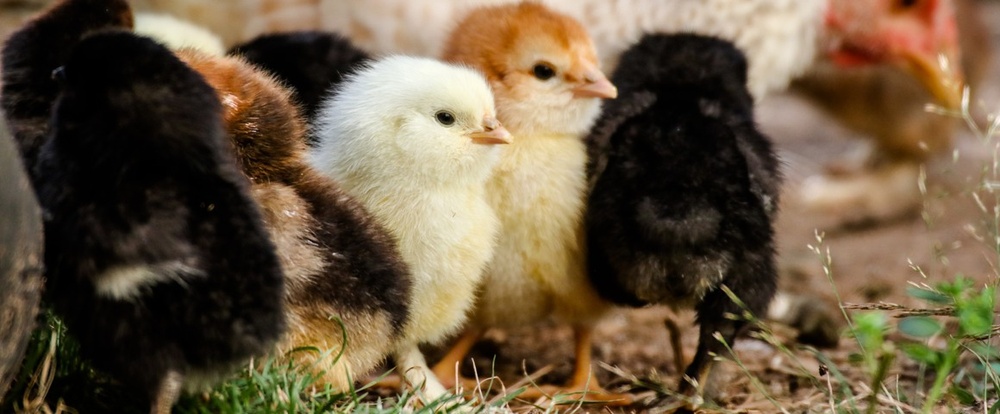New project aims to enable recycled phosphorus in feed

Innovation company EasyMining has partnered with the Swedish National Veterinary Institute (SVA), with financial support from Lantmännen Research Foundation and Ragn-Sells, to initiate a project that will assess the risk of the entire value chain for recycled feed phosphate. The project aims to influence and highlight the legislative obstacles that exist for recycled nutrients to the EU Commission.
- Recycled products need to demonstrate function, quality and high safety. In previous projects, we have shown that our recycled feed phosphate has high digestibility in animals (pigs and chickens) and meets all quality requirements in feed legislation. The next step, and the purpose of this project, is to assess the risk of the entire value chain together with SVA and Lantmännen, says Sara Stiernström, product manager at EasyMining.
According to EU feed legislation, it is currently forbidden to use recycled nutrients from sewage for feed raw materials, regardless of their quality.
- We believe and hope that the results of this project will be an important part of the work to open up legislation for feed originating from sewage. We want to show that ash from incinerated sewage sludge can be a safe raw material for phosphorus recovery by setting high demands on incineration, says Stiernström.
Sara Stiernström, product manager at EasyMining
Since its inception in 2007, EasyMining has been working to develop new technologies for extracting important nutrients from waste while also separating and treating toxic substances. Its Ash2Phos process can recover pure calcium phosphate (Ca5(PO4)3OH) from ash from incinerated sewage sludge. The process has been tested in pilot scale several times and has up to 90 percent phosphorus recovery. The recovered phosphorus also has a very low content of cadmium (<0.1 mg cadmium/kg phosphorus product), fluoride, and unwanted heavy metals due to a detoxification step.
Since Russia's invasion of Ukraine, Swedish agriculture has been hit hard by cost increases for important input materials such as phosphorus. Sweden is entirely dependent on other countries to meet its phosphorus needs in agriculture. Much of the phosphate mined and used in Europe today is imported from Russia and Morocco. In addition, extractable phosphates are a finite source, which has led the EU to classify phosphorus as a critical raw material since 2017.
- If we are serious about creating a sustainable society, we must use the resources we have, over and over again, as often as possible. Therefore, this project becomes important to be able to meet the increasing demands for resource efficiency and Sweden's (and Europe's) path towards becoming more self-sufficient in phosphorus, says Stiernström.
For more information, please contact:
Sara Stiernström, Product Manager at EasyMining, +46 (0)70-927 28 85, sara.stiernstrom@easymining.se
Emma Ranerfors, Press Officer, +46 (0)70-927 24 16, press@ragnsells.com
Project Facts: Safe use of recycled feed phosphate
The goal of the project is to assess the risk of the entire value chain with respect to relevant pathogens, including prions, from sewage sludge to finished feed phosphate. This risk assessment will complement EFSA's (European Food Safety Authority) more general investigation.
The results of the project will be used to raise the issue of legislative obstacles to recycled nutrients with the EU Commission. The hope is that the results of the project can contribute to a revision of Annex III to Regulation 767/2009 so that recycled feed phosphate originating from sewage can be used safely in animal feed.
About EasyMining
EasyMining is an innovation company dedicated to closing nutrient cycles. We are owned by the Swedish environmental company Ragn-Sells. Our objective is to create new circular material flows in an efficient commercial way. We do this by inventing and implementing new technology that uses chemical solutions to recycle important materials. www.easymining.se
Contacts


